Christmas is distinguished as a primary global festival, celebrated by nations around the world. Christmas celebrations are replete with music, food, decorations and gifts – while the exact way of celebrating varies from nation to nation. But at its historic core, Christmas celebrates the birth of a poor Jewish boy born just over 2000 years ago.
The unique essence of Christmas becomes ironic when we realize that the one people bypassing the Christmas celebrations are Jewish; the very people from whom this Jewish boy was born, who birthed the tradition. The intrigue alone makes the Christmas story worth exploring, which is what we will be doing here.
The Jewish Birth Story: Better than Santa
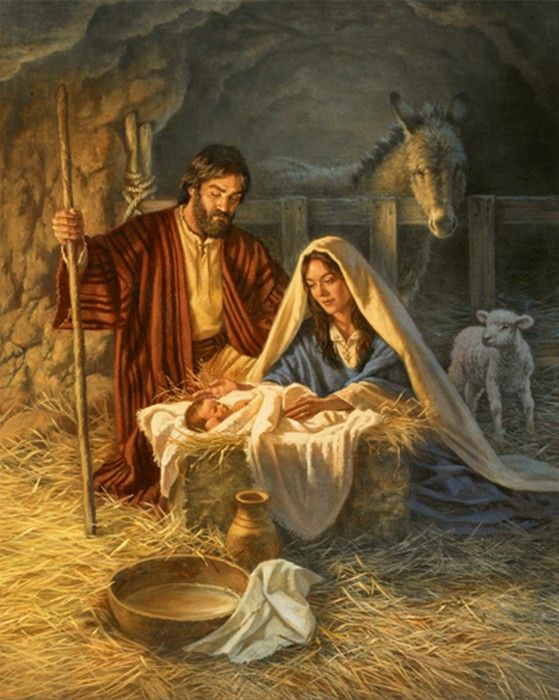
Almost all the characters who make up the drama surrounding this boy’s birth were Jewish. One of the two historians to have documented the story was also Jewish.
The intrigue, the suspense and the celebration surrounding the birth of this Jewish baby, recorded by a Jewish Levite, paints the later Christmas add-ons like Santa Claus, the North Pole, and the elves in Santa’s workshop, pale in comparison.
Levi, also known as Matthew, wanted us to know for certain that the baby boy he wrote about was Jewish. So, he began his account with this sentence – the first sentence in his gospel and in the New Testament.
“This is an account of the origin of Jesus the Messiah the son of David, the son of Abraham.”
Matthew 1:1
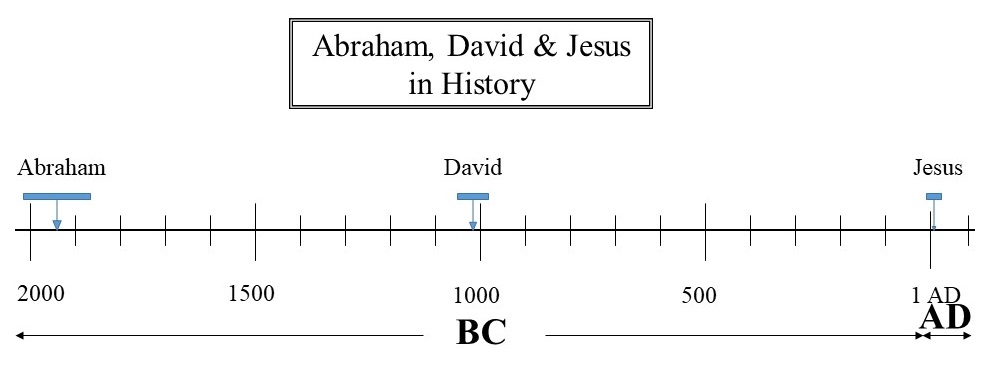
Not only was he a son of Abraham as all Jews are, but he was also a descendant of the renowned King David! What other theme could evoke greater expectancy? Certainly not Santa.
Jesus’ Birth Recounted
What were the circumstances surrounding Jesus’ birth? Matthew tells us in striking detail:
18 This is how the birth of Jesus the Messiah came about: His mother Mary was pledged to be married to Joseph, but before they came together, she was found to be pregnant through the Holy Spirit. 19 Because Joseph her husband was faithful to the law, and yet did not want to expose her to public disgrace, he had in mind to divorce her quietly.
20 But after he had considered this, an angel of the Lord appeared to him in a dream and said, “Joseph son of David, do not be afraid to take Mary home as your wife, because what is conceived in her is from the Holy Spirit. 21 She will give birth to a son, and you are to give him the name Jesus, because he will save his people from their sins.”
22 All this took place to fulfill what the Lord had said through the prophet: 23 “The virgin will conceive and give birth to a son, and they will call him Immanuel” (which means “God with us”).
24 When Joseph woke up, he did what the angel of the Lord had commanded him and took Mary home as his wife. 25 But he did not consummate their marriage until she gave birth to a son. And he gave him the name Jesus.
Matthew 1:18-25
The Virgin Birth
Matthew quickly brings us right into deep controversy, for he tells us with certainty that Mary was a virgin when she gave birth. Luke, another Gospel writer, provides further details on the event.
God sent the angel Gabriel to Nazareth, a town in Galilee, 27 to a virgin pledged to be married to a man named Joseph, a descendant of David. The virgin’s name was Mary. 28 The angel went to her and said, “Greetings, you who are highly favored! The Lord is with you.”
29 Mary was greatly troubled at his words and wondered what kind of greeting this might be. 30 But the angel said to her, “Do not be afraid, Mary; you have found favor with God. 31 You will conceive and give birth to a son, and you are to call him Jesus. 32 He will be great and will be called the Son of the Most High. The Lord God will give him the throne of his father David, 33 and he will reign over Jacob’s descendants forever; his kingdom will never end.”
Luke 1:26-35
34 “How will this be,” Mary asked the angel, “since I am a virgin?”
35 The angel answered, “The Holy Spirit will come on you, and the power of the Most High will overshadow you. So the holy one to be born will be called the Son of God.”
Surprisingly, rabbinical Jewish sources reveal their belief in the virgin birth. The theme of the Virgin birth goes back as far as Adam & Eve, its miraculous nature foreshadowed in Isaac’s birth.
Luke’s Details of Jesus’ Birth
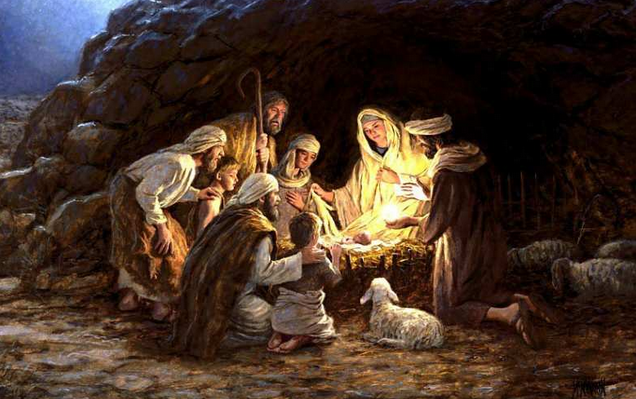
Luke continues the events of Jesus’ birth:
In those days Caesar Augustus issued a decree that a census should be taken of the entire Roman world. 2 (This was the first census that took place while Quirinius was governor of Syria.) 3 And everyone went to their own town to register.
4 So Joseph also went up from the town of Nazareth in Galilee to Judea, to Bethlehem the town of David, because he belonged to the house and line of David. 5 He went there to register with Mary, who was pledged to be married to him and was expecting a child. 6 While they were there, the time came for the baby to be born, 7 and she gave birth to her firstborn, a son. She wrapped him in cloths and placed him in a manger, because there was no guest room available for them.
Shepherds at Jesus’ birth
8 And there were shepherds living out in the fields nearby, keeping watch over their flocks at night. 9 An angel of the Lord appeared to them, and the glory of the Lord shone around them, and they were terrified. 10 But the angel said to them, “Do not be afraid. I bring you good news that will cause great joy for all the people. 11 Today in the town of David a Savior has been born to you; he is the Messiah, the Lord. 12 This will be a sign to you: You will find a baby wrapped in cloths and lying in a manger.”
13 Suddenly a great company of the heavenly host appeared with the angel, praising God and saying,
14 “Glory to God in the highest heaven,
and on earth peace to those on whom his favor rests.”
15 When the angels had left them and gone into heaven, the shepherds said to one another, “Let’s go to Bethlehem and see this thing that has happened, which the Lord has told us about.”
16 So they hurried off and found Mary and Joseph, and the baby, who was lying in the manger. 17 When they had seen him, they spread the word concerning what had been told them about this child, 18 and all who heard it were amazed at what the shepherds said to them. 19 But Mary treasured up all these things and pondered them in her heart. 20 The shepherds returned, glorifying and praising God for all the things they had heard and seen, which were just as they had been told.
Luke 2:1-20
The Wise Men Visit Bethlehem
The visit of the Wise Men is usually included in the Nativity Story. Matthew writes:
After Jesus was born in Bethlehem in Judea, during the time of King Herod, Magi from the east came to Jerusalem 2 and asked, “Where is the one who has been born king of the Jews? We saw his star when it rose and have come to worship him.”
3 When King Herod heard this he was disturbed, and all Jerusalem with him. 4 When he had called together all the people’s chief priests and teachers of the law, he asked them where the Messiah was to be born. 5 “In Bethlehem in Judea,” they replied, “for this is what the prophet has written:
6 “‘But you, Bethlehem, in the land of Judah,
(Micah 5:2)
are by no means least among the rulers of Judah;
for out of you will come a ruler
who will shepherd my people Israel.’”
7 Then Herod called the Magi secretly and found out from them the exact time the star had appeared. 8 He sent them to Bethlehem and said, “Go and search carefully for the child. As soon as you find him, report to me, so that I too may go and worship him.”
Wise Men find baby Jesus
9 After they had heard the king, they went on their way, and the star they had seen when it rose went ahead of them until it stopped over the place where the child was. 10 When they saw the star, they were overjoyed. 11 On coming to the house, they saw the child with his mother Mary, and they bowed down and worshiped him. Then they opened their treasures and presented him with gifts of gold, frankincense and myrrh.
Matthew 2:1-11
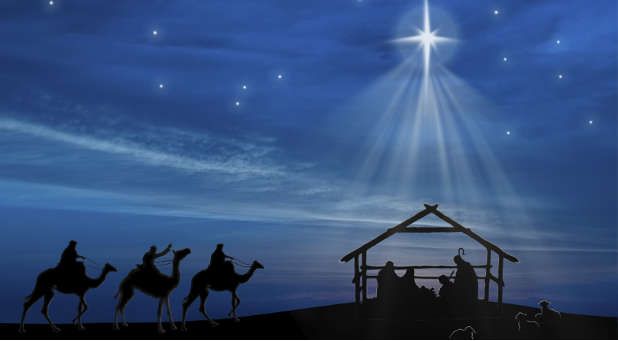
The non-Jewish Magi comes from afar to encounter the ‘King of the Jews’. Meanwhile the ruling Jewish establishment, led by Herod the Great, becomes ‘disturbed’ by the news of the birth of their King. This foresees a pattern that has been intact for the last 2000 years.
Jesus’ Coming Through a Jewish Lens
In fact, Jesus’ Christmas birth account continues the narrative that depicts him as the archetype Jew who would bless all peoples – including me and you. Two thousand years before, beginning with the story of Abraham (at 2000 BCE), God had promised
… all peoples on earth
Genesis 12:3
will be blessed through you (Abraham).
That set Abraham on a pilgrimage to the Promised Land in his old age. However, many years ensued before his son Isaac was born. Isaac’s birth during Abraham’s hundredth year was just as miraculous as Jesus’ virgin birth. Jesus’ birth mirrors Isaac’s in order to stress this archetype Jewish role.
Re-iterated through Jewish Prophets
The hope for a future blessing for all peoples took a defining turn centuries later when God, through the prophet Isaiah (700 BC), called on all nations to:
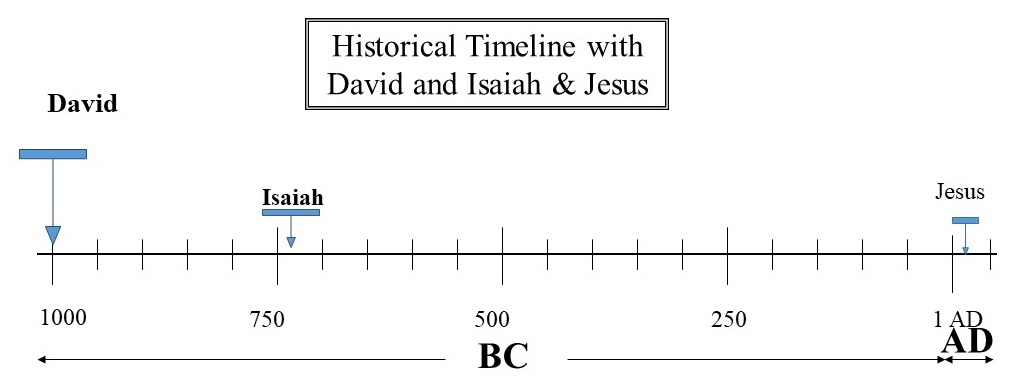
hear this, you distant nations:
Isaiah 49:1
God then introduced his coming ‘servant’ as Israel, the archetype or embodiment of the Jewish nation.
He said to me, “You are my servant,
Isaiah 49:3
Israel, in whom I will display my splendor.”
To bring this blessing on all nations (Gentiles)
I will also make you a light for the Gentiles, that my salvation may reach to the ends of the earth.”
Isaiah 49:6
But simultaneously, this servant would remain strangely abhorrent to his own nation.
This is what the Lord says — the Redeemer and Holy One of Israel — to him who was despised and abhorred by the nation,
Isaiah 49:7
Christmas reveals the double fulfillment of this ‘blessing’ as nations worldwide celebrate Christmas while Jesus’ own people do not acknowledge him.
What’s more, many of us in the nations no longer understand the significance of Jesus or his mission. We might remember him at Christmas, but otherwise, he simply remains a cultural remnant of the European pre-scientific era.
Exploring Jesus Through his Jewish Lens
Perhaps a part of the problem relates to the nations within Christendom who no longer perceive Jesus from a Jewish perspective. As Matthew & Luke began the account of his birth, the four gospels proceeded in this entirely Jewish portrayal of Jesus.
In doing so, the gospels propose an audacious hypothesis that Jesus embodies the entire nation of Israel. From their perspective, Jesus is the archetype, master blueprint, fulfillment, or completion of Israel.
Although, can this hypothesis find support?
What difference does it make to us?
Exploring Jesus through this Jewish lens makes his person and mission vivid, real and personally relevant, rather than faded and remote like it seems to be for many of us. Jesus stands out in the context of a Divine Plan. We can thus engage with him in a way that makes him large and life-like as he was to his contemporaries – allowing us to comprehend what his promised ‘blessing’ and ‘light for the nations’ means.
So we continue exploring Jesus through this Jewish lens. We review the link between his birth and that of the first Israelite – Isaac, suggesting Jesus’ role with his nation. Then we continue with his childhood flight for survival, illustrated in the story of Anne Frank, further advancing his role to bless all people.